Sometimes, it’s absolutely shocking how literally people take things. For example, the makers of They Sold Their Soul for Rock and Roll take the legend of Robert Johnson selling his soul to the devil at the crossroads literally. They quote stories from Johnson’s contemporaries who say that he couldn’t play worth a flip, disappeared for some time, then returned able to play quite well. How else can you explain that except by selling one’s soul for talent. Indeed, something as boring as practice couldn’t possibly have anything to do with it.
As bad as that is, the section on U2 is even worse. U2, of course, almost broke up after their debut album because they (excluding Adam Clayton, the bass player) didn’t know if being in a rock band was something a Christian could do in good conscience.
Unfortunately for U2, they’re also the band that sings honestly in “I Still Haven’t Found What I’m Looking For”,
I have held the hand of the devil.
It was warm in the night.
I was cold as a stone.
Clearly, anyone who takes comfort from the devil can’t be anything but a closeted Satan worshiper. Don’t give me that bull about it being a metaphor for all things evil; don’t tell me Bono could be talking about seeking comfort in the fleshly things that are normally associated with evil — drugs, promiscuity, etc. No — this is a clear cut case of devil worship.
What’s worse, later in the song Bono even admits that though he has found comfort in Christ, he still hasn’t found what he’s looking for. Again, don’t give me that crap about metaphors and doubts: when you have Jesus, you don’t have doubts! There is no room for Jesus and doubt!
There’s more: U2 sang “Helter Skelter” and so did Charles Manson! Need I say more? And then there’s the fact that they occasionally sang the chorus regularly performed a cover of the Stones’ “Sympathy for the Devil”. Pure Satan there, ladies and gentlemen.
The clincher, of course, is when Bono emerges as Mephisto. That’s as bad as INXS singing “Every single one of us is the devil inside”! Some will try to say that it’s just a metaphor for a quite Christian idea: original sin. But if they really meant original sin, these singers would say “original sin” and not leave vulnerable babes in Christ guessing at these metaphors.
Thank God there are no metaphors in the Bible!




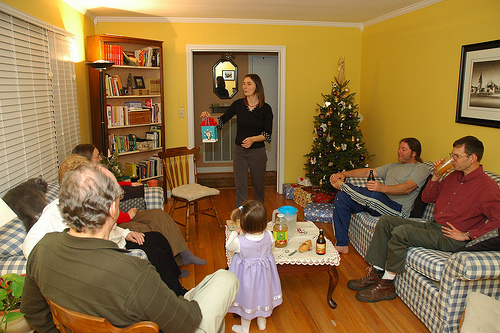
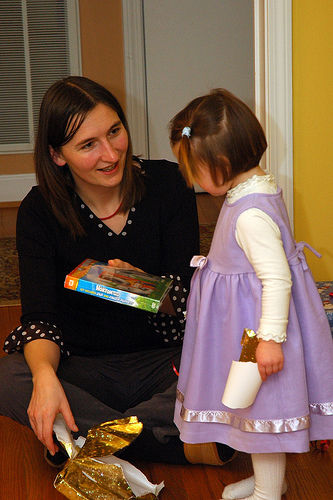
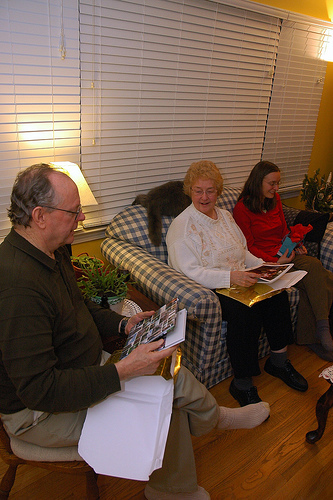



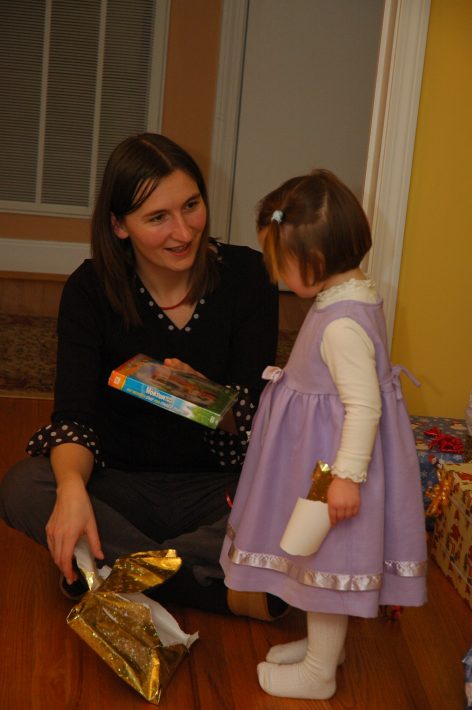




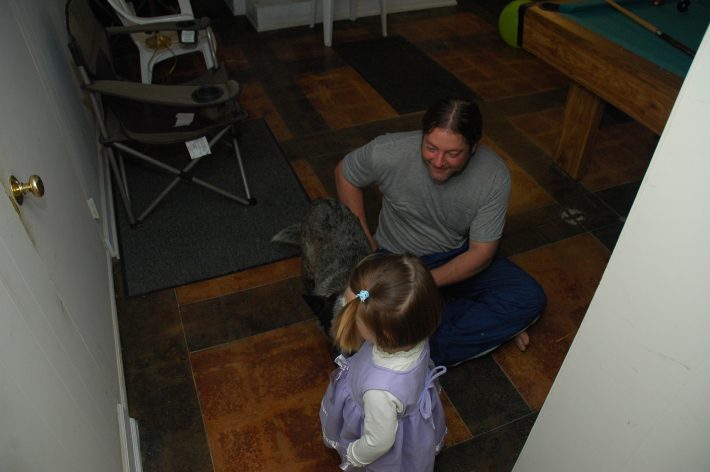
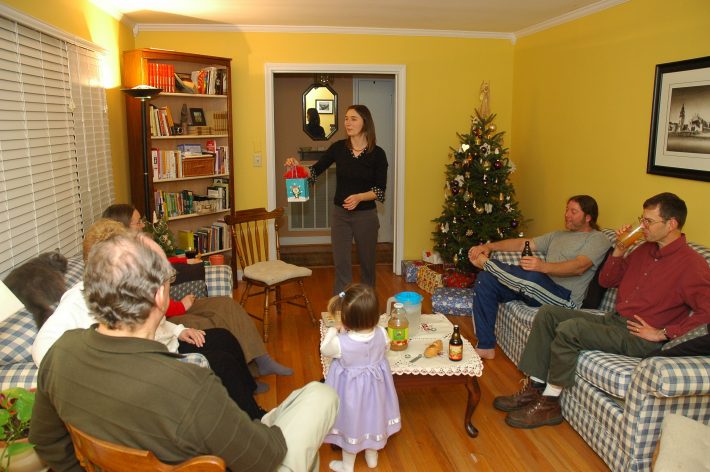


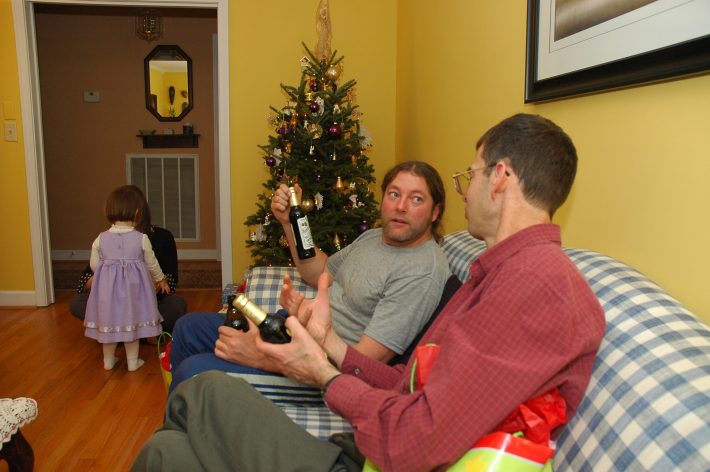










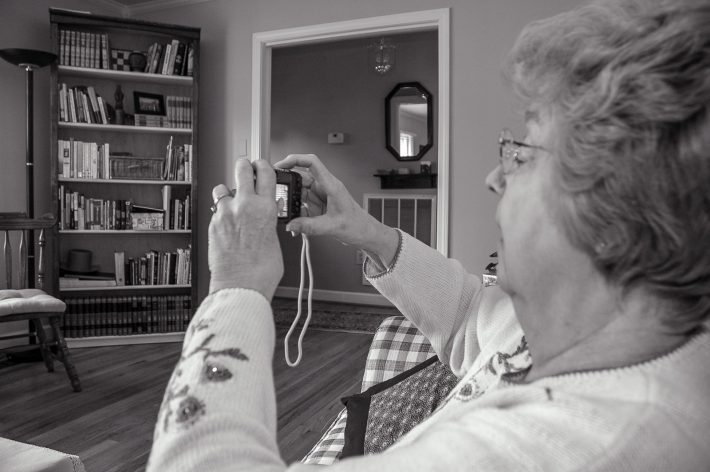
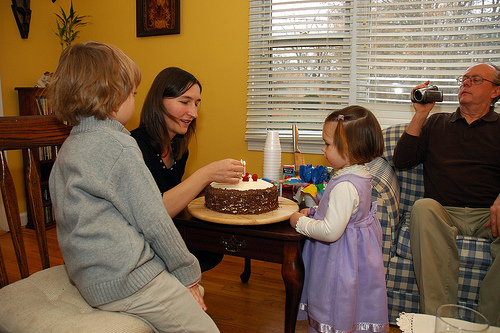

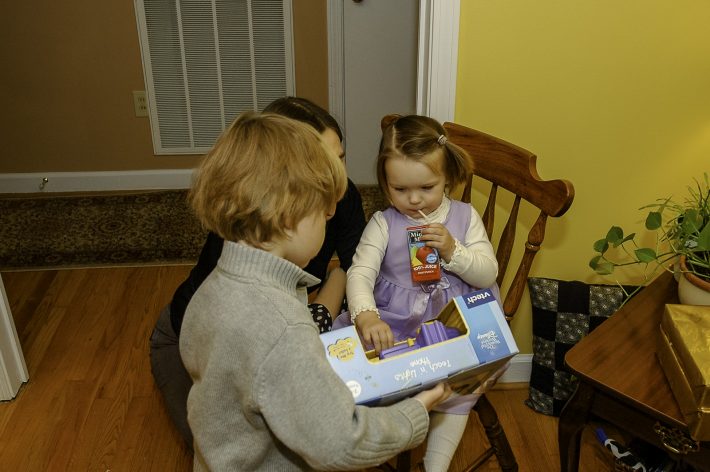


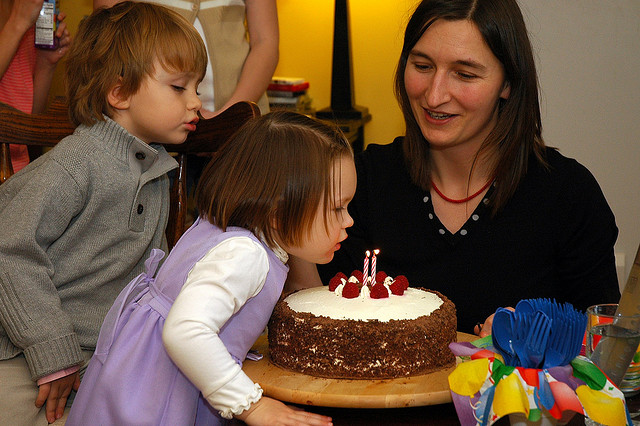
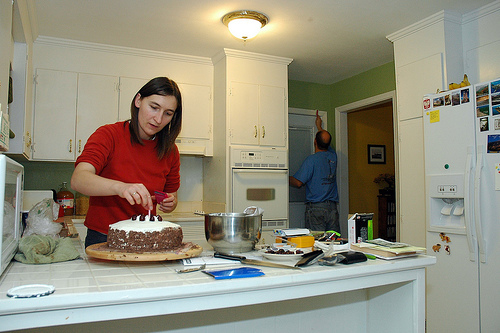


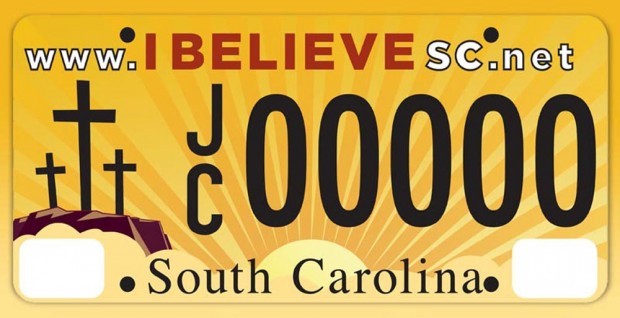
 Yet how could anyone argue that it doesn’t give preference Christianity? There are no other freaking choices! I’d have gone for a FSM plate myself, but I don’t think my wife would have appreciated it.
Yet how could anyone argue that it doesn’t give preference Christianity? There are no other freaking choices! I’d have gone for a FSM plate myself, but I don’t think my wife would have appreciated it.